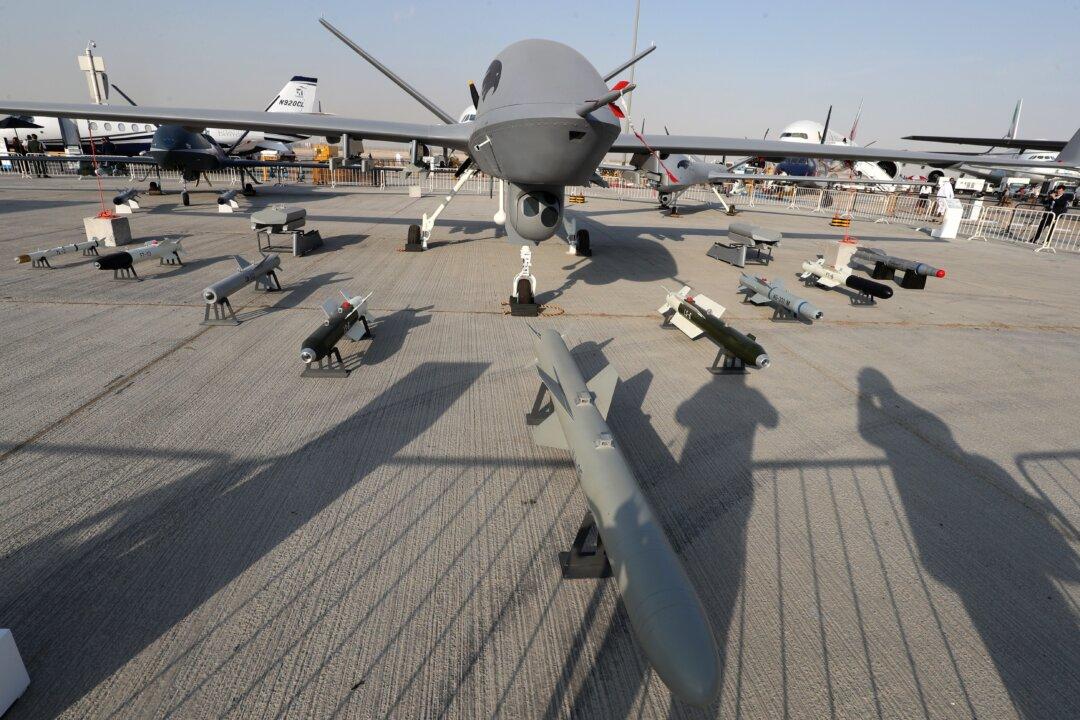Commentary
In September, China and the United Arab Emirates (UAE) signed a rather significant memorandum of understanding. This agreement marks the first joint space project between the two countries. China will help the UAE, now one of the most powerful countries in the world, land its first rover on the moon. China and the UAE are growing closer; in fact, relations between the two countries are at an all-time high.





